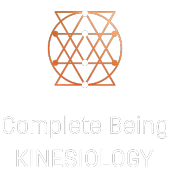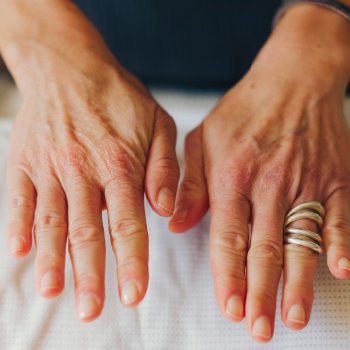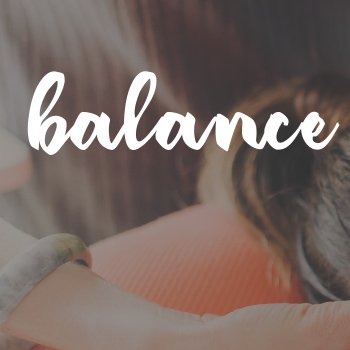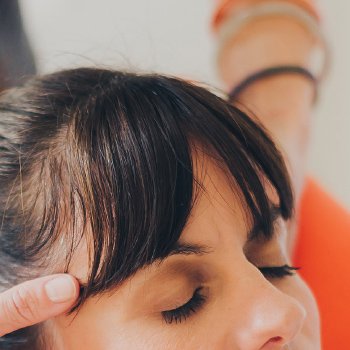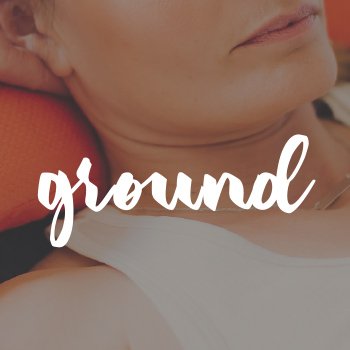
Vitamin D - Information & Insights.
Vitamin is well known for its importance and as part of my nutrition studies, I’ve learned a few new things I thought I'd share with you. My intention with this summary is to help broaden your knowledge yet this is by no means extensive nor should it be considered as advice. Everyone has different needs - please conduct further research and/or consult with your GP or qualified healthcare professional to ensure the approach you select is tailored and right for you.
What is Vitamin D?
Although part of the fat-soluble vitamins (the others are A, K and E), Vitamin D or calciferol is a steroid compound that acts like a hormone. It differs from all the other nutrients because the body can synthesise it after skin exposure to sunlight. In simple terms, Vitamin D can be manufactured in the body through sun exposure of the skin and with the help of the liver and kidneys.
For those who are interested in the biochemical pathway, here are more details:
The precursor (7-dehyrdocholesterol) in the skin is made in the liver from cholesterol, it gets converted to pre-vitamin D3 through the sun’s UV rays. D3 makes its way into the body and over a 36 hour period, with the help of the body’s heat, it is converted to its active form - Vitamin D3 (Calciol) which is 500 to 1000-fold greater in its biological activity than its precursor.
Vitamin D3 can also be established through the dietary intake of Vitamin D2 (plant version) and Vitamin D3 (animal version). Regardless how Vitamin D3 (Calciol) has been derived, the vitamin needs to become fully active.
Through so-called hydroxylation reactions, the liver adds an OH group1 (O stands for oxygen, H stands for hydrogen) resulting in Calcidiol, followed by the kidneys adding another OH Group to arrive at the final product - the activated form of Vitamin D = Calcitriol.
1) O stands for oxygen, H stands for hydrogen
Roles in the body.
Vitamin D has a variety of benefits and functions including:
- Maintenance of calcium and phosphate levels in the blood to support nerve and muscle function as well as bone growth
- Regulation of immunity, cell replication and growth
Note – there are other key nutrients needed for bone growth and maintenance such as Vitamin K and A, calcium, phosphorus, magnesium and fluoride as well as hormone activity (parathyroid hormone and calcitonin).
Call out’s.
Here are some of the (new) things I've found interesting. Vitamin D:
- Stimulates absorption of calcium and phosphorus in the gut - to support bone growth and strength, as such deficiencies have repercussions on bone and mineral density (includes teeth)
- Increases Brain Derived Neurotrophic Factor (BDNF) - an important compound that repairs, maintains and regenerates brain cells, helps retain mental function, reduces inflammation and increased evidence suggests it is involved with / aids depression
- Stimulates neuroplasticity - and protects brain cells which is why it plays a role in the prevention of Dementia and Alzheimer’s disease
- Known to help with depression - even if there is no Vitamin D deficiency in the person
- Acts as an antioxidant and supports immunity - it is involved with the innate and adaptive immune system i.e. low levels correlate to cold and flu infections
- Magnesium is needed - in order for Vitamin D to move into the cells of the body.
Vitamin D deficiency versus toxicity.
When we are deficient in Vitamin D, the protein required to bind calcium in the intestinal cells slows down. Although the calcium intake in the diet may be adequate, it can’t be absorbed in the GI tract which is not good news for our bones.
Therefore, calcium deficiency follows which is associated with an increased risk of a a few chronic diseases including osteoporosis. Factors that contribute to a Vitamin D deficiency include lack of sun exposure, having dark skin or a poor diet. Note, elderly are particularly vulnerable to Vitamin D deficiency.
On the other side of the scale, Vitamin D from sunlight or food is not likely to cause toxicity however supplements may, due to their concentrated form – this is why it is important to take supplements under the direction of a GP or other qualified healthcare professional.
Upper level of intake (UL).
The UL of a nutrient intake is the highest amount that appears to be safe, beyond this point it can become toxic. The UL for Vitamin D for adults is 80µg (micrograms) per day; 1 µg is one thousandth of a milligram. International Units (IU) are another form to measure fat soluble vitamins such as Vitamin D:
- 1 IU = 0.025 micrograms; the conversion depends on the vitamin, for example for Vitamin D the formula is 40 IU = 1 ug/microgram (mcg)
- If we look at the UL intake for adults being 80 ug/mcg this would equate to 3200 IU.
Vitamin D and sun exposure.
It is fascinating how the body regulates itself naturally - the sun imposes no risk of Vitamin D toxicity. If we are in the sun for too long, the sunlight degrades the precursor in the skin and stops the conversion process. However, prolonged sun exposure increases the risk of skin cancer besides the premature ageing of the skin.
Sun block protects us from the risk of skin cancer but sunscreen with SPFs of 8 and higher prevent the synthesis of Vitamin D.
This creates a true health dilemma - what to do?
Research so far seems inconclusive about how long the optimal exposure is to make Vitamin D and the Cancer Council Australia may give different advice altogether. Generally, the best time to receive sun and to make most of the Vitamin D through the skin is when the shadow is shorter than you are. Typically this is the case for a couple of hours around midday - needless to say this time is also the most critical when we can get burned.
Here is a strategy as suggested in the 4th Australian & New Zealand Edition understanding nutrition:
- Apply sunscreen after enough time has elapsed to provide sufficient vitamin D synthesis
- For most people, this would be ~5-10 minutes during the peak UV period of 10am to 2pm on a clear summer day, exposing face, hands and arms on most days of the week
- In winter months, for someone who lives in the Southern regions of Australia and N.Z., may need 2-3 hours of exposure over the course of a week.
Other factors to consider that limit sun exposure i.e. Vitamin D production:
- Geographic location/ latitude
- Below 40 degrees south latitude in the Southern Hemisphere and above 40 degrees latitude in the Northern Hemisphere, Vitamin D production pretty much stops for the 3 months of winter; areas below 40 degrees south latitude include Tasmania and the whole of the South Island of N.Z.
- Skin type & pigmentation
- People with fair/ light skin tend to burn more easily yet can make Vitamin D more readily compared to dark-skinned people who have a natural protection against the damage of the sunrays yet need longer sun exposure to make Vitamin D; for example heavily pigmented skin achieves the same amount of Vitamin D synthesis in 3 hours as fair skin in 30 minutes
- Season of the year
- Time of the day
- Air pollution and heavy clouds
- Clothing
- Sunscreen
- Poor mobility
- Indoor living.
Vitamin D food sources.
If you don’t get enough sun exposure or cannot/choose not to go into the sun for example due to health reasons, Vitamin D can be obtained from food although sources are limited to fatty fish (herring, salmon mackerel, tuna or sardines) meat (beef/veal/lamb – especially liver), egg yolks, butter, fortified products which can include orange juice, milk, cereals and fortified margarines. For the latter, Vitamin D fortification is mandated for margarine in Australia (not in N.Z.), yet it is voluntary for low fat or powdered milk, yoghurt and soy milk.
Mushrooms are pretty much the only source of plant vitamin D2 yet it also depends how they are grown and where. Mushrooms like humans, can produce Vitamin D when exposed to UV light.
As mentioned at the start, everyone has different needs - please conduct further research and/or consult with your GP or qualified healthcare professional to ensure the approach you select is tailored and right for you.
How can Kinesiology help?
While I am not a naturopath and not qualified to give advice on supplementation etc, through kinesiology, I am able to work with you and your system to identify and balance potential stresses around vitamin D levels, synthesis pathways, absorption and/or other underlying or relevant aspects.
If you would like to have a chat, please call me on 0407 742 111 or email me.
Sources:
- Nature Care College, Introduction to Nutrition Learning Guide, Version 1.5 (2021) and lectures (2022)
- Eleanor Whitney et al., Understanding Nutrition, 4th Australian & New Zealand edition (2019), Cengage Learning Australia Pty Limited, pp. 386-391.
